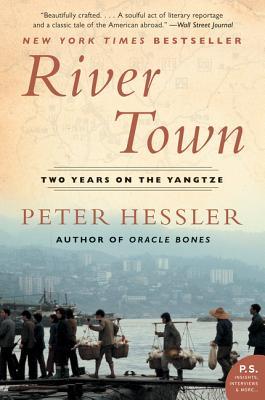Last night, I went along to an excellent talk at the
Water of Leith Conservation Trust (WOLCT).
Catherine Gemmell of the
Marine Conservation Society (MCS) talked about plastic pollution, how bad the problem is and how we can all help
#StopThePlasticTide by taking part in practical action, campaigning and lobbying for change at a governmental policy level and spreading the word, face to face and via social media.
It's a topic of particular interest to staff, members and volunteers of WOLCT as we work hard to remove litter from the river and surrounding areas to prevent it getting into the sea. (Every week I fill a large plastic bag with litter that I collect as part of my regular patrol of a section of the river).
The talk started with an update on how bad the plastic pollution crisis is, statistics on how much pollution is out there and how it negatively affects wildlife. Many marine creatures become entangled in plastic waste and many more ingest it, sea turtles for example often eat plastic bags, mistaking them for jellyfish. The oceans are full of nurdles, tiny pieces of plastic that escape from factories and can be ingested by sea creatures, they are toxic as well as so small as to be ingested without noticing.
Catherine then looked at ways that plastic pollution can be reduced. Beach cleans and litter picks are vitally important in removing the plastic pollution that is already out there. The MCS organise the annual
Great British Beach Clean which sees events held around our coasts. This year, 437 beaches were cleaned and surveyed by a total of over 10, 000 volunteers who removed a total of 10,833kg of rubbish. The rubbish is analysed and this year the results showed on average, 558 items of litter on every 100 metres of beach that were cleaned and surveyed, with plastic and polystyrene pieces the most common litter items found, followed by cigarette stubs following and glass pieces. The MCS is an evidence based organisation, using the information from these beach cleans to feed into its lobbying and campaigning. (Quite frankly I can't understand why such an organisation wouldn't be evidence based, but some bizarrely aren't). Recent MCS campaign successes include charges for single-use
bags (which has successfully reduced the number of plastic bags found in beach clean ups), changes in
labelling on commonly ‘mis-flushed’ items (to be introduced next year), and the design of a deposit return system
for bottles in Scotland.
Scottish Environment Linkhas an excellent guide to the Scottish Government consultation on creating a circular economy for Scotland (a circular economy is one where everything is reused and recycled as much as possible so that nothing is wasted. The consultation closes on 19 December and you can read the Scotlink guide
here.
Catherine ended her talk by encouraging us to all get involved. Here are some of the actions she suggested:
Cut down on the single use plastic in your life (for example by shopping in zero waste shops such as
EcoLarder in Edinburgh or
The Dispensary in Salford).*
Join a local beach clean or river clean-up (
EcoLarder organise monthly beach cleans at Cramond while
WOLCT is always looking for volunteers.)
Get Involved with MCS.
Respond to the
Scottish Government consultation on a circular economy.
Post to the hashtag
#StopThePlasticTide on Twitter.
What actions are you taking to reduce plastic pollution?
*
But bear in mind that replacing single use plastic isn't always straight forward, for example some foods (eg cucumbers) keep much better wrapped in plastic (which thus reduces food waste) and it takes more energy to make a cotton carrier than it does to make a plastic carrier, so you need to use your cotton carriers at least 50 times to make them equivalent in energy use to a single use plastic bag.




























